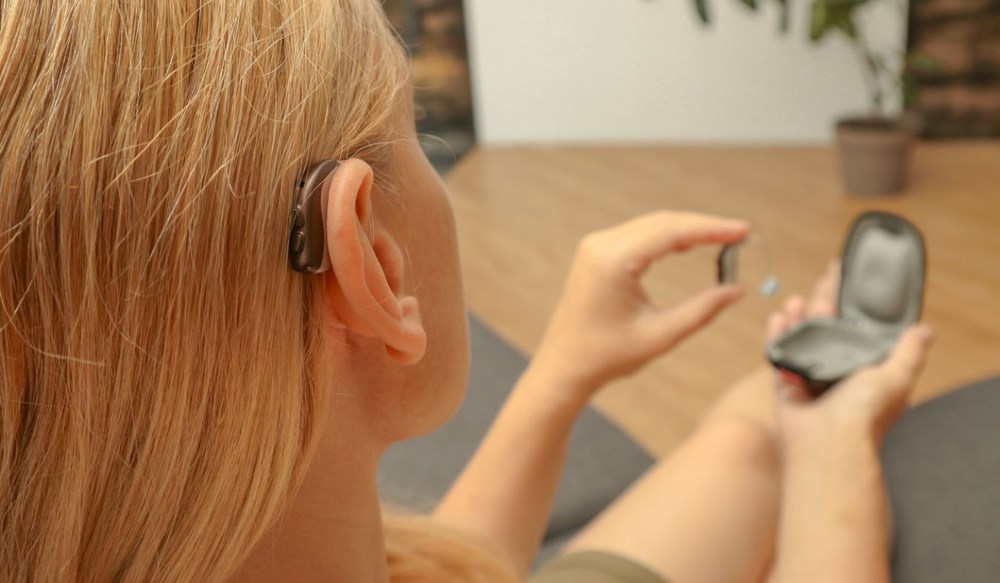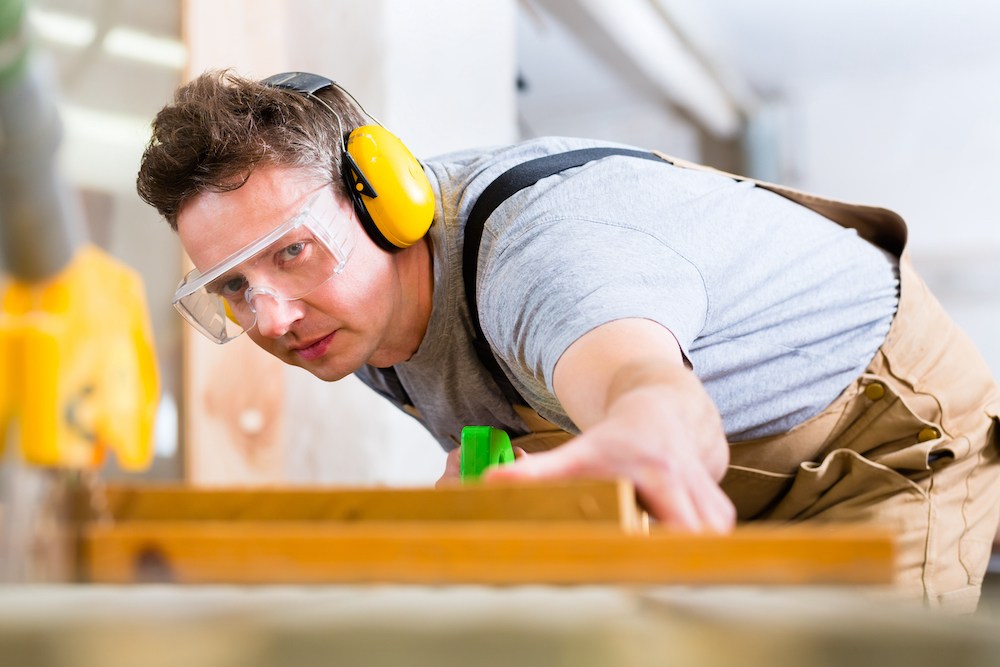How to Choose Between Rechargeable and Battery Powered Hearing Aids
When you begin exploring hearing aids, one of the first decisions you will
We’re Hiring! Click Here to Learn More About Our Career Opportunities →


When you begin exploring hearing aids, one of the first decisions you will

When you begin exploring hearing aids, one of the first decisions you will

Have you ever wondered how musicians manage to keep their hearing sharp